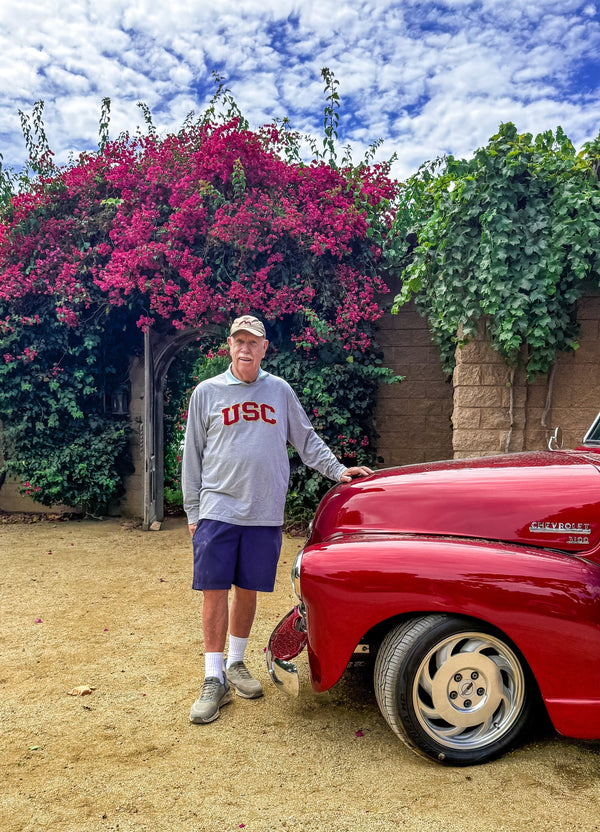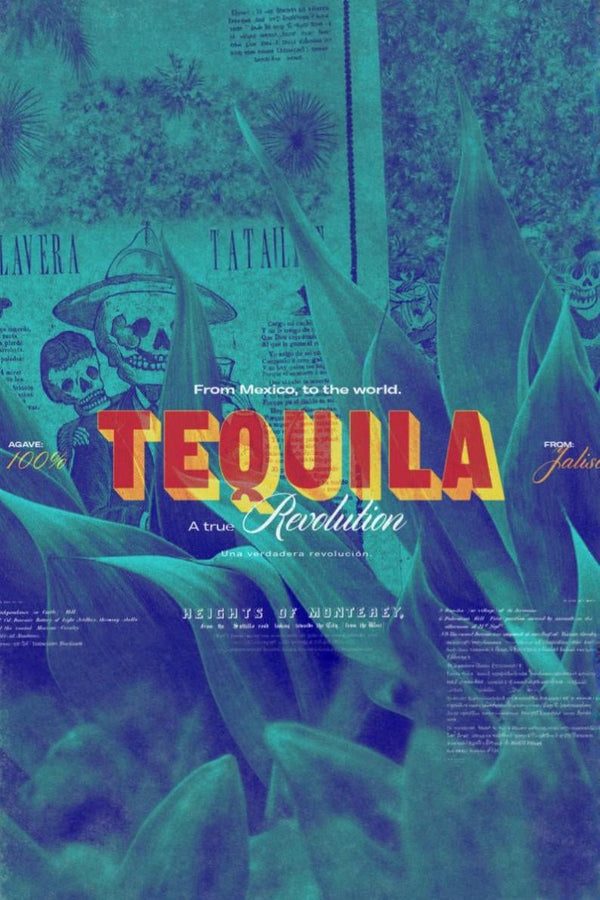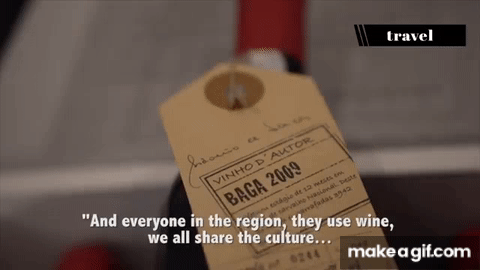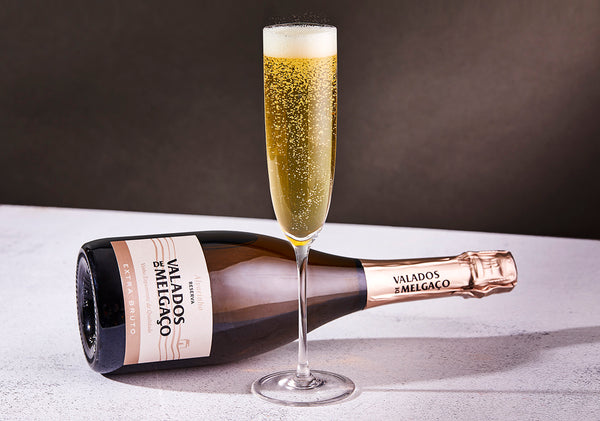Hennessy: The Cognac of Hip Hop & Civil Rights (Part 1)


It’s safe to say we would all agree Hennessy and Hip-Hop are associated with each other in a special way. We would even go as far to say, Hennessy has reached global iconic status thanks to that fact. That being said, while the cognac of hip-hop was catapulted to its iconic stature thanks to the help of artist like Tupac and Nas, what we don’t know by looking at the surface is that Hennessy has a long standing tradition of supporting people of African decent.
Hennessy has helped make history for African Americans for nearly 80 years. The fact remains, when you are buying a bottle of Hennessy, you are buying a part of history. A history that has supported the civil rights movement. Here at Sommtable, we find that to be pretty amazing. But don’t just take it for granted.
Read below to find out just exactly how:
Cognac is arguably the most French spirit on the market. It’s as French as the baguette and horizontal stripes. But Cognac is so French, so much so, French labeling regulations have limited Cognac’s production to a specific region: literally the city of Cognac, located in southwestern France. While the French have associated the spirit with labels of French-ness; channelling such icons as Louis XIII and Napoleon, the Hip Hop community has adopted the Cognac as it’s drink of choice; most notably and undoubtedly associated with Hennessy. In 2019, early 97 percent of Cognac made in France is exported, with the US being its single largest customer. However, it was not always the case. Cognac was geriatric in nature for most of its existence. Everything changed however when Black soldiers were stationed overseas during WWII. The rest as they say, is history.
Even with this being the initial case of cognac’s introduction into black culture, it does not explain the adoption of Hennessy as the cognac of choice for African Americans. A spirit that was born in 1724, way before Hip Hop was even a bubble in a champagne glass.
Hennessy’s connection with Black History goes far deeper than the 80s and 90s Hip Hop movement. For the French company that recently celebrated over 250 years of serving people cognac, really made its mark by its support of African Americans, and African Parisians before, during and after WWII. The idea is similar to the well-known fact, the country of France has always been a more progressive country when it comes to its support of black music, arts and culture; at the very least, in a far greater way than their American counterpart.
Right after WWII, Hennessy installed a black Vice President for its US operations. It was only the second black executive of a white company in the United States in history. Furthermore, starting in the 1950s, Hennessy began placing advertisements in black publications — a decision that was rare considering the pre-civil rights movement and the overall white dominance of the alcohol market. Some of their first ads were seen in the famous EBONY and JET magazines, featuring black models in what would be considered, traditional white-family settings. Then in the 1960s, during the beginning and at the zenith of the civil rights movement, Hennessy continued to support people of color.
In 1963, Hennessy was already a champion of hiring black people to ranks of leadership; but really catapulted their support by bringing on 1942 Olympic Bronze medalists Herb Douglas. He would stay with the company for over 3-decades, serving as Vice President of Urban Market Development. Douglas was just the third African American to carry the title of Vice President in a major national corporation. What really drives this amazing story and history about Hennessy’s support of people of African decent, is how it all came back to them when United States Hip Hop began to take flight. The new genre of music, one that was truly uniquely American; drove sales through the roof and solidified Hennessy as a global pop-culture icon. With their support already in the foothold of African American culture, naturally the Cognac of Hip Hop was undoubtedly Hennessy. However, it was impossible to predict the type of seam the French Cognac would stitch in the fabric of Hip Hop.
Since the fruition of Hennessy’s historic support of people of African decent, Hennessy has seen its name featured by a myriad of hip-hop artists; most notably Tupac Shakur, wit his track:
HENNESSY, featuring Obie Trice. Some of the lyrics contain:
“They wanna know who my role model, its in a brown bottle.”
“You know the M-F-model, Hennessy.”
“Hey, remember me? Down that Hennessy.”
And who can forget: “Even the cops can’t stop us, my enemies flip. When they see me drink a fifth of that Hennessy.”
Tupac would go on to reference the cognac in several other songs, including “It Ain’t Easy” and “Life Goes On.”
Obviously Tupac is arguably the most influential rapper of all time, so it’s no surprise artists like Mobb Deep would reference Hennessy in their song, “Survival of the Fittest.” One of Tupac’s close friends, Snoop Dog, would follow Tupac’s footsteps with his: “Hennessy N Buddah” track. The contemporary saga of referencing Hennessy has continued today, with Drake referring the cognac in his song “One Dance.” Now while Tupac remains as the ending symbol of hip-hop, he is not the enduring symbol for Hennessy. That would be Nas, one of the few rappers around still producing top hits from the Biggie Tupac era.
The famous east coast rapper, heralded from New York City, Nas is actually an employee of the French cognac. Hennessy reached out to Nas to be an ambassador and has since appeared in several of their commercials. He has referenced Hennessy in his music of younger years, Henny and Sprite, and when asked about it at a party celebrating Hennessy’s 250th birthday he said: “We always want to be accepted as an adult, when you’re young,” he explained. “That’s the reason why we didn’t first know about it. I was introduced to Hennessy by an older fellow who told me I was drinking basically bullshit. He told me about better Champagne, he told me about Hennessy. We started rapping about it, and that was it.”
At the end of the day, it’s remarkable the contribution Hennessy has made to Hip Hop and to African American culture as a whole. We hope you enjoyed this insightful article as much as we did writing it.












